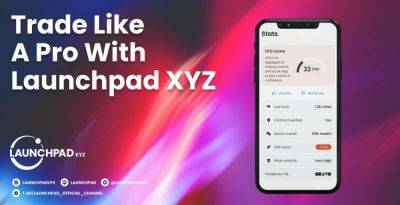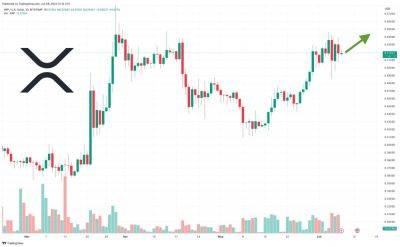Scientists propose quantum proof-of-work consensus for blockchain
A team of researchers from universities in Australia and the United States, working in collaboration with quantum technology company BTQ, recently published research proposing a novel proof-of-work (PoW) scheme for blockchain consensus that relies on quantum computing techniques to validate consensus.
Our new paper on using NISQ-era quantum sampling problems in proof-of-work blockchain consensus algorithms. In collaboration with @BTQ_Tech.https://t.co/MKAB2czqSk
Dubbed “Proof-of-work consensus by quantum sampling,” the preprint research paper details a system that the authors claim “provides dramatic speedup and energy savings relative to computation by classical hardware."
According to the researchers, current algorithms for solving PoW consensus puzzles are slow and require a significant amount of computation resources to process:
According to the paper, the quantum advantage provided by this scheme would also increase the difficulty of mining, thus making it possible to “maintain consistent block mining time” as the number of miners increases, further incentivizing continuing participation of “quantum miners.”
The sampling process the researchers refer to, boson sampling, isn’t a new one, but its application to blockchain technology appears novel. Boson sampling has shown promise in numerous quantum computing applications. Still, as a non-universal quantum computing solution (it has to be used in a system built for a specific task), its potential has been limited to a select few domains, such as chemistry.
Related: How does quantum computing impact the finance industry?
However, according to the researchers, it may be the perfect solution for future-proofing blockchain applications and, potentially, lowering the
Read more on cointelegraph.com





















